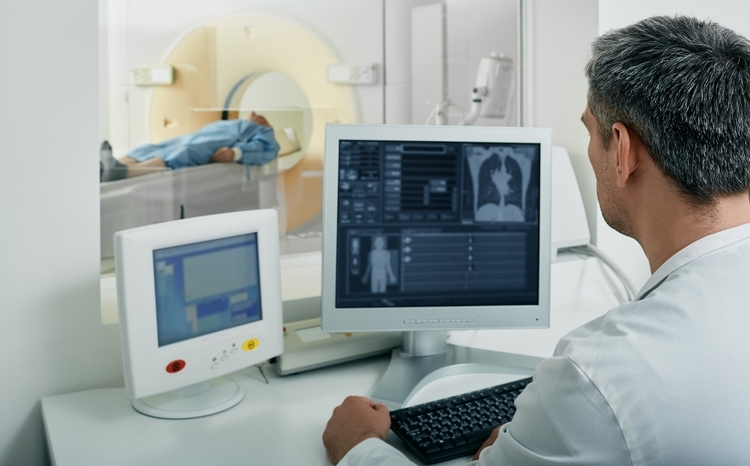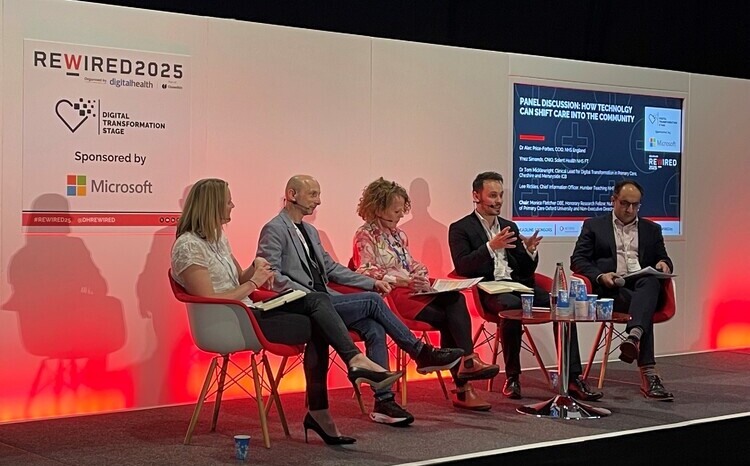Funding announced to boost development of health tech for cancer
- 10 October 2024

- New medical technologies and treatments for cancer will be trialled in the UK following funding from the government and industry partners
- The funding includes £6.4 million from government for an AI digital pathology data platform, which will pull together data from across the NHS
- UK Research and Innovation announced a £118m fund to create five hubs across the country to develop health technologies
Medical technologies to diagnose cancer, such as scanners and AI models, will be trialled in the UK following funding from the government and support from industry partners.
In a press release, published on 6 October 2024, the Department of Science, Innovation and Technology announced that new partnerships, backed by public and private sector investment, will trial ways to tackle cancer and other life-threatening diseases by deploying new technologies and approaches.
It follows the publication of Lord Darzi’s independent review of the NHS, which highlighted that cancer survival rates in England are lagging behind other countries.
The new funding includes £6.4 million from government for an AI digital pathology data platform, which will pull together data from across the NHS to make it easier for researchers to access.
Vin Diwakar, national director of transformation at NHS England said: “The investment in AI pathology represents new hope in helping us to treat and cure a range of diseases.
“By supporting secure access to this unique dataset, we can help researchers to learn more about various conditions, including cancer, so that they can both spot how to prevent disease and also find the next generation of treatments and cures faster”.
UK Research and Innovation announced a £118 million fund that will create five new hubs to help develop new health technologies, including one at University College London to develop imaging tools to help surgeons identify cancers, and one at the University of Bristol developing wearable technologies to help people with age-related mobility issues.
Peter Kyle, science and technology secretary, said that through the government working in partnership with the NHS, researchers, and business, it could “harness science and innovation to bring the detection and treatment of this horrendous disease firmly in to the 21st century, keeping more families together for longer”.
New medical technology that could eventually be brought to market include developing cheaper, more easily usable scanners to help surgeons detect early signs of cancers and remove tumours with greater success.
Wes Streeting, health and social care secretary, said: “As a cancer survivor, I know how vital an early cancer diagnosis and the latest treatments are.
“This investment will not only save lives, but also secure Britain’s status as a powerhouse for life sciences and medical technology.
“When we combine the care of the NHS and the genius of our country’s leading scientific minds, we can develop life changing treatments for patients and help get Britain’s economy booming”.
The government also announced £9m (£4m from Office for Life Sciences, £5m from the Medical Research Council) for Multinomic Analysis of Immunotherapy Features Evidencing Success and Toxicity (MANIFEST) to support the better targeting of immunotherapy as a treatment for cancer; £11 million from government for NIHR i4i Early Cancer Diagnosis Clinical Validation and Evaluation funding call; and £4 million from government for the Advancing Precision Medicine funding call.
DSIT also announced the launch of a regulatory office, on 8 October 2024, which aims to support the healthcare sector to deploy AI innovations safely by reducing red tape for businesses.





